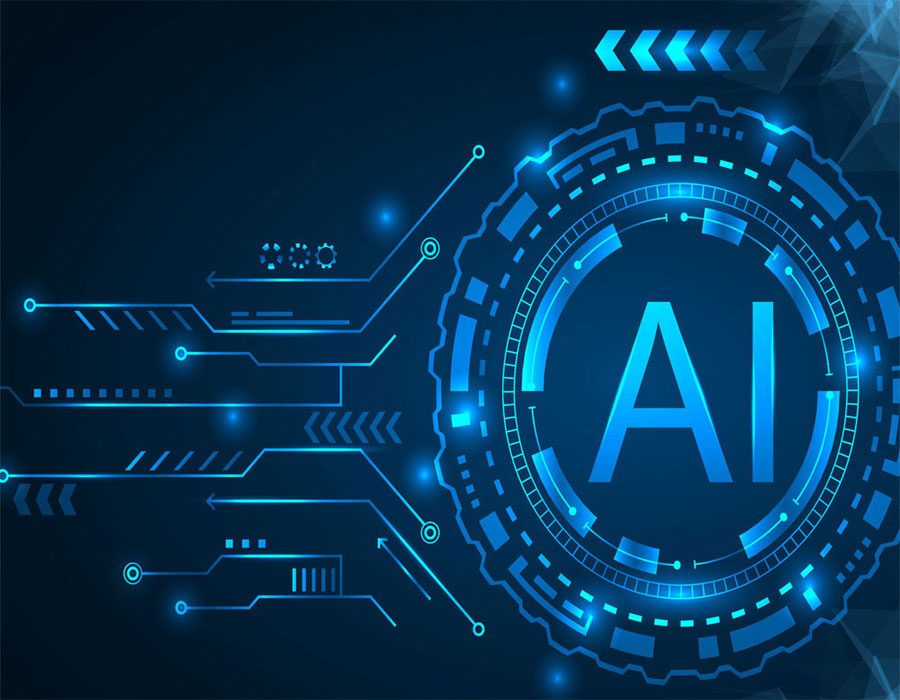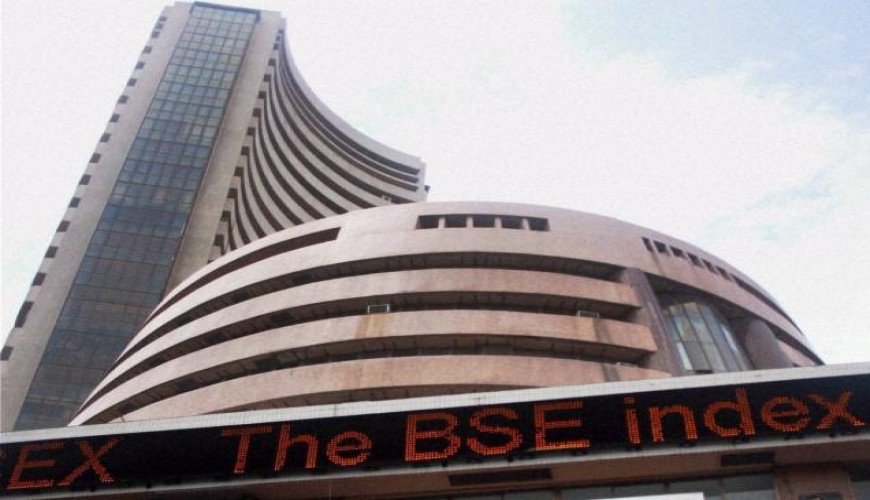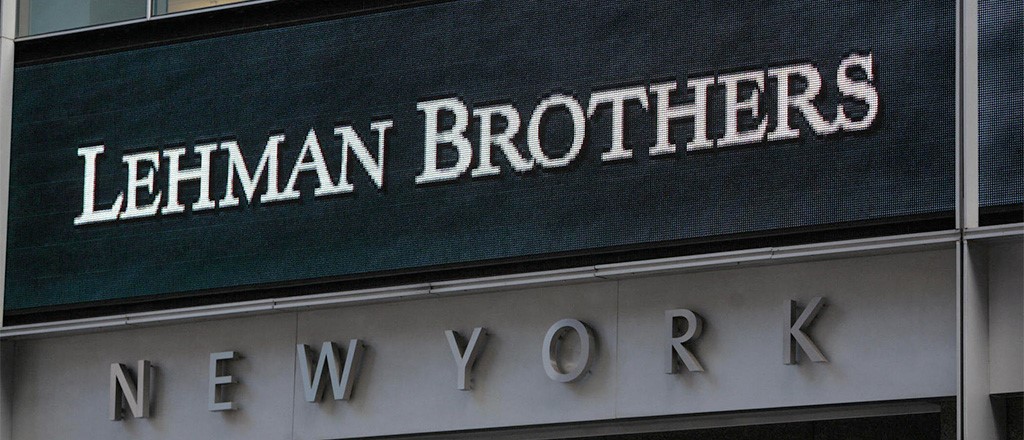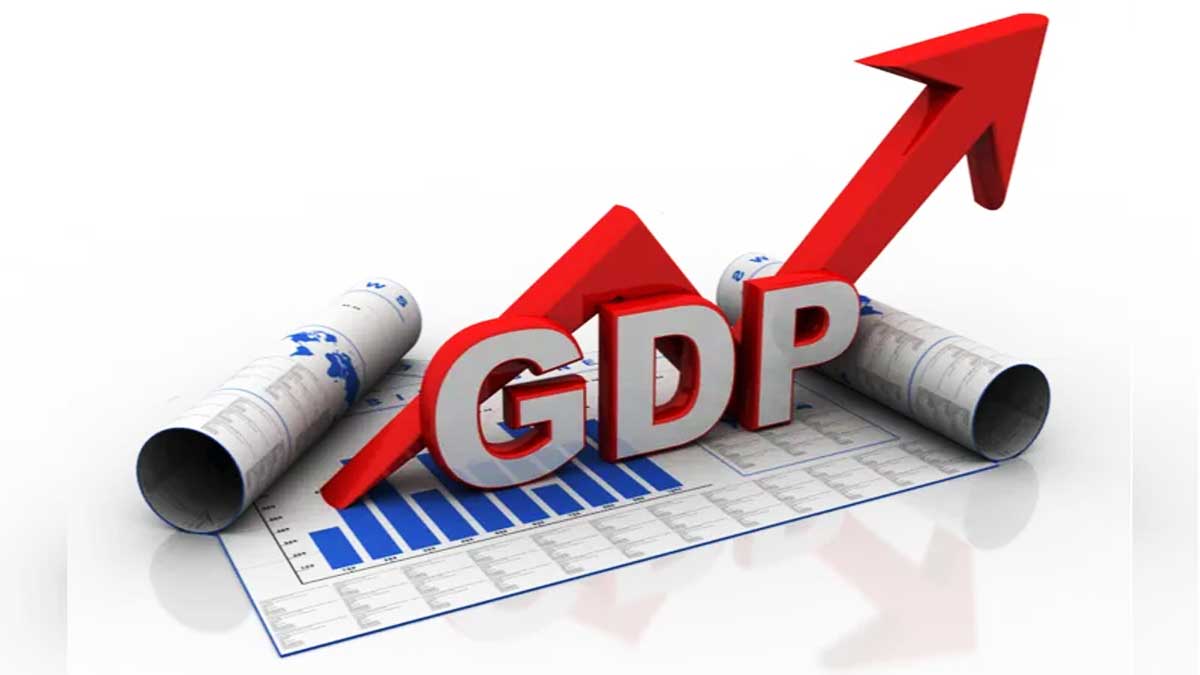AI’s modus operandi involves mining the relevant stock data, performing the required and appropriate analysis and making a quick decision
Artificial Intelligence (AI) is revolutionising every aspect of our lives, right from chatbots on websites to applications in defence systems. It is also being comprehensively used in the field of analytics. Trading, i.e. buying and selling of shares, is no exception to it too and over the years, AI has gradually become an integral part of the trading environment. Financial markets are so dynamic that it is sometimes difficult to take proper decisions on particular stocks as there are many factors to consider and the decision to buy or sell must be taken on a split second basis. Emotions are the biggest enemy of the trader in the market but it becomes very difficult to control them. This is where AI plays a major role in helping traders. AI is a programme to which we provide algorithms. An algorithm is a set of instructions using which AI learns and understands its role and executes the required functions. The advent of Information Technology has disrupted many activities and now many advanced methods are available, which have made trading an easy process for the public at large with required tools at its disposal.
The use of AI in trading is generally known as algo-trading because the AI programme receives the algorithm, using which it helps investors trade. These empower AI with complex mathematical models and techniques to take proper decisions regarding the optimal quantity of stocks to buy and decide the price for execution. This removes emotions from the scene and effectively processes various factors at the same time in order to make an appropriate decision. Another important aspect which works in favour of algo-trading is that the reaction time is extremely fast as compared to humans and decisions can be made in a wink. With the advent of tools like neural networks, algo-trading has become refined and more efficient as it continuously learns from the environment. This Machine Learning (ML) is what makes algo-systems quite reliable.
Automation of trading activities is very beneficial as the strategies are scientific, and being rule-based, the approaches are very disciplined. Hence, AI has proved to be a very good monitor of the stock markets with a quick response to any anomaly or change. This is very useful when there are a number of asset classes or scrips and keeping an eye on them continuously is not possible for one person to do efficiently. As opposed to this, AI has the ability to process a humongous amount of historical stock data, analyse the market behaviour and capitalise on any particular pattern or expected movement, such as price action. This has also led to the elimination of a lag between the action in the market and a trader’s reaction to it, basically making trading real-time. In many cases this has bestowed people using neural networks with an added advantage over their competitors and traders who are still using manual methods.
However, AI and ML need not be used for developing trading strategies alone and can be used for many other purposes like liquidity searching, creating model portfolios for the clients and so on. The traditional technical analysis, which is known to traders at large, sometimes fails to catch the statistical elements in the markets as this can only be identified after considerable examination. But AI can help overcome this problem as it can eliminate confirmation-bias. AI does not account for subjective valuation and, therefore, investments based on pure quantitative and scientific basis can be made and the so-called “luck-based” trading can be avoided. Comprehensive statistical tools and appropriate mathematical models help to identify the proper time and optimal level for entering the market. With a considerable study of historical data, appropriate indicators and predictors can raise the red flag ahead of other market participants. With the arrival of neural network tools, AI can be put to use for predictive trading, i.e. it can analyse news, information, blogs and so on and come up with a trading recommendation. Although AI is costly due to the huge amount of R&D as of now, it is only logical to assume that it will become cost-effective in the long- term. Since it is just a programme, it has no impediments like fatigue and thereby it keeps the integrity of vital financial decisions intact.
In a nutshell, the AI’s modus operandi is mining the relevant stock data, performing the required and appropriate analysis and making a quick decision. Such an investment decision will be scientific, calculated, unbiased and free from emotions.
With the increased usage and development of technology, it will not be wrong to say that AI will play a dominant role in the financial markets in the near future. As with other emerging technologies, the immediate implementation of AI may not be round the corner but with gradual evolution and development, of both software and hardware, AI or algo-trading are on their way to becoming the future of trading. The faster traders get used to the fact, the better it is for them because the future is here.
(The writer is Head Research, CapitalVia Global Research Limited, Investment Advisor)








 OpinionExpress.In
OpinionExpress.In















Comments (0)